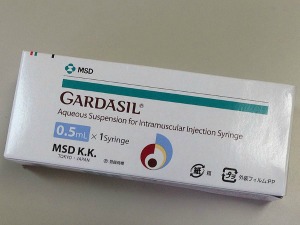Nature magazine reports that on November 30th, researchers at the Symposium on Molecular Targets and Cancer Therapeutics in Munich, Germany will gather and discuss the next generation of antibody–drug conjugates (ADCs). These ADCs, or remodeled antibodies that bring anti-cancer drugs into tumor cells while minimizing damage to healthy tissue, are currently going through clinical trials. The first generation of ADCs mostly failed to work effectively and proved to have safety risks.

The antibody of the ADC will scout out and attach itself to a cancerous cell before being absorbed by the cell. The antibody-drug link will then be cut by the cell, allowing the drug to kill the dangerous cell. The aforementioned previous generation of ADCs encountered problems such as being too unstable or not releasing the drug in the cancer cell.
Nature reports that there are more than 40 ADCs now in clinical testing stages, and that “researchers are also mining a wealth of data from cancer-sequencing projects in search of new targets for antibodies to latch onto.” Various other researchers and companies are trying new methods, such as ditching the antibody and using a smaller strand of amino acids to permeate deeper into cancer cells.

